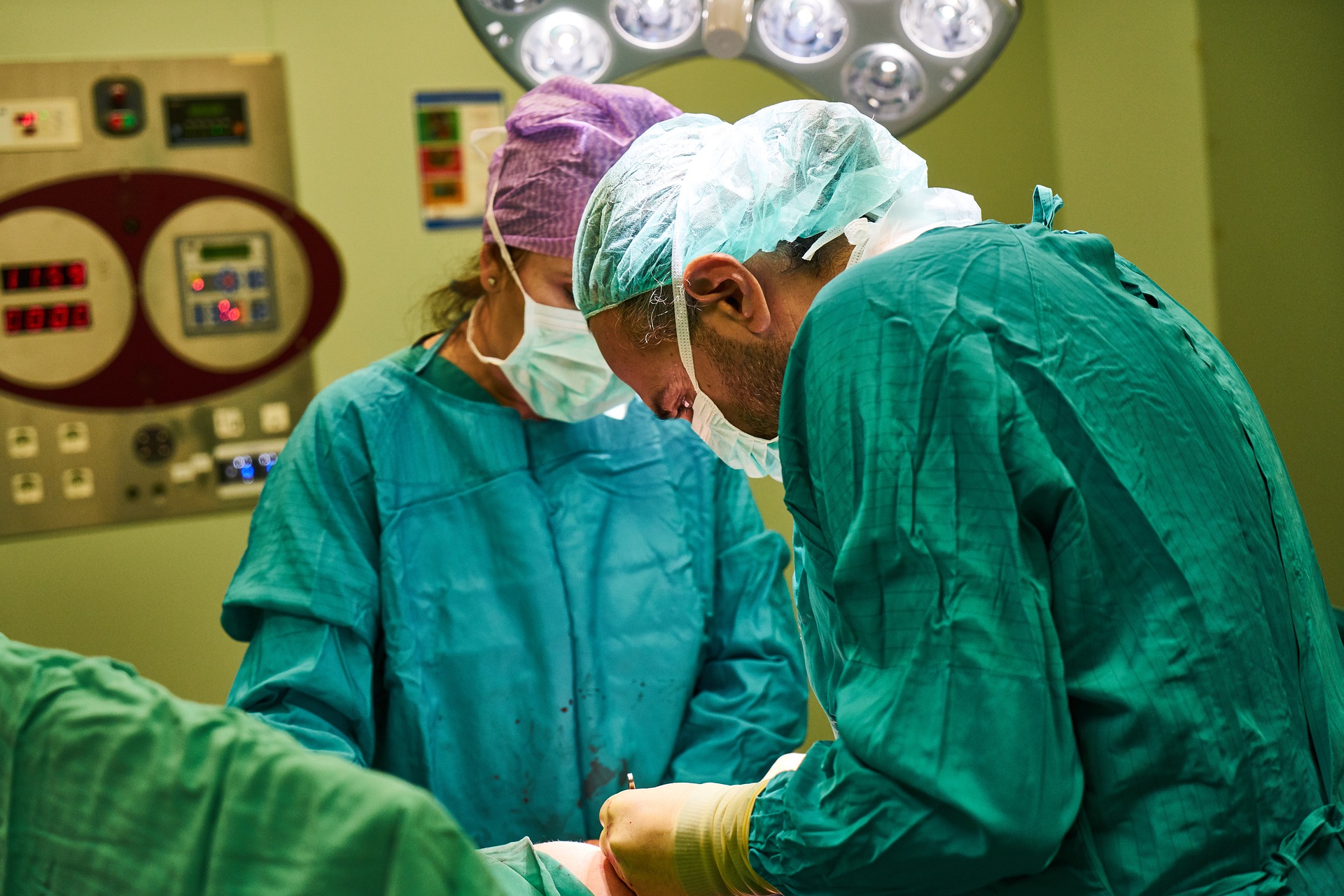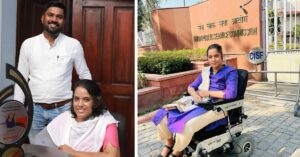Kerala to Introduce Swap Transplants to Help Critically Ill Patients & End Organ Trade!
Through this new programme, the state government is trying to encourage donors to swap their organs with potential matches.

According to government data, in India, 2,00,000 people are on the waitlist for a kidney, and 30,000 currently await a liver.
Of this startling number, legal donations meet only about 3 to 5 percent of the demand. You can well imagine how the rest of the demand is met.
In order to streamline the process, the Kerala government is setting up the Kerala Network for Organ Sharing (KNOS), which is a nodal agency of the government to ensure that all live organ donations are monitored.
This agency was created to manage the deceased organ donations in the State.
Through this new programme, the state government is trying to encourage donors to swap their organs with potential matches.
For example, if a parent who is willing to donate a kidney to their child is found to not be a match, then that kidney may be used for a complete stranger, provided anyone related to the stranger can do the same in return for the patient in need.
This will eliminate the problem of living donors who cannot donate an organ to members of their own family, simply because they are medically incompatible.

Photo Source
While this mode of organ donation is done on a minimal scale at select hospitals in the state, this is the first time it will be recorded and channelised by the government through the KNOS, reported The Indian Express.
“Under the new guidelines, a transplant patient has four options to secure an organ—donation from a near relative, unrelated organ donation from an altruistic donor, swap donation or brain death donation. A separate registry for swap donation will be set up, for those transplant patients who may have a willing donor in the family but whose blood type/lymphocyte matching may not be compatible with that of the patient. Another such “incompatible patient-donor pair” can be found by linking with other transplant centres, and an exchange donation can be arranged,” reported The Hindu.
In India, while the buying of an organ is illegal, paired kidney exchange is legal. Mutual compatibilities can be found between pairs in such registries, which paves the way for a kidney exchange between such pairs.
The Apex Swap Transplant Registry (ASTRA)—a paired exchange registry was established in 2011. In its seven years of existence, 300 donor-recipient units have registered within the registry. While 65 transplantable pairs were matched, 57 swap transplants have been done, and many more are in the process of completing formalities to undergo the transplant.
Here’s hoping that all states follow suit.
(Edited b Gayatri Mishra)
Like this story? Or have something to share?
Write to us: [email protected]
Connect with us on Facebook and Twitter.
NEW: Click here to get positive news on WhatsApp!

Similar Story

‘I Failed But Didn’t Stop’: Kerala Teacher Helps Aspirants with Disabilities Crack UPSC for Free
Once a UPSC aspirant, Kerala’s Jobin S Kottaram helps students and aspirants with motor disabilities crack the examination for free. He says his aim is to increase their representation in leadership roles.
Read more >
If you found our stories insightful, informative, or even just enjoyable, we invite you to consider making a voluntary payment to support the work we do at The Better India. Your contribution helps us continue producing quality content that educates, inspires, and drives positive change.
Choose one of the payment options below for your contribution-
By paying for the stories you value, you directly contribute to sustaining our efforts focused on making a difference in the world. Together, let's ensure that impactful stories continue to be told and shared, enriching lives and communities alike.
Thank you for your support. Here are some frequently asked questions you might find helpful to know why you are contributing?


This story made me
-
97
-
121
-
89
-
167












